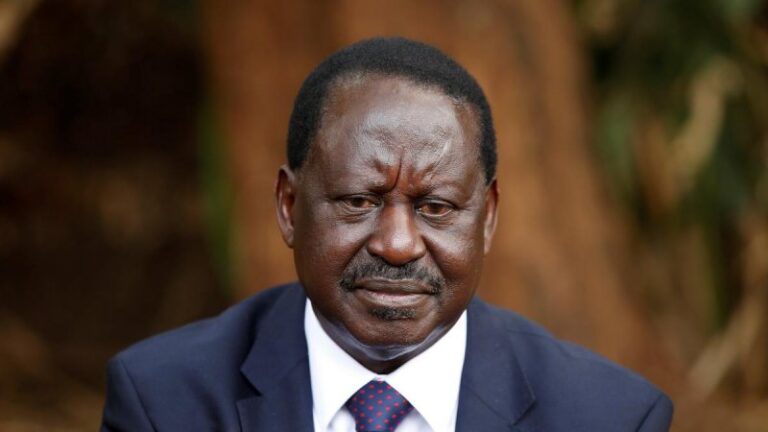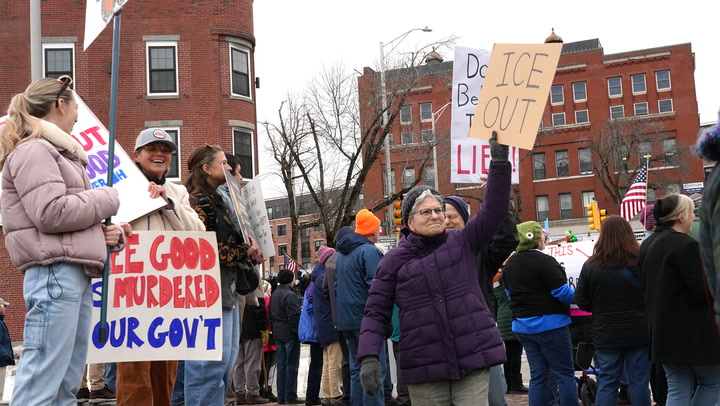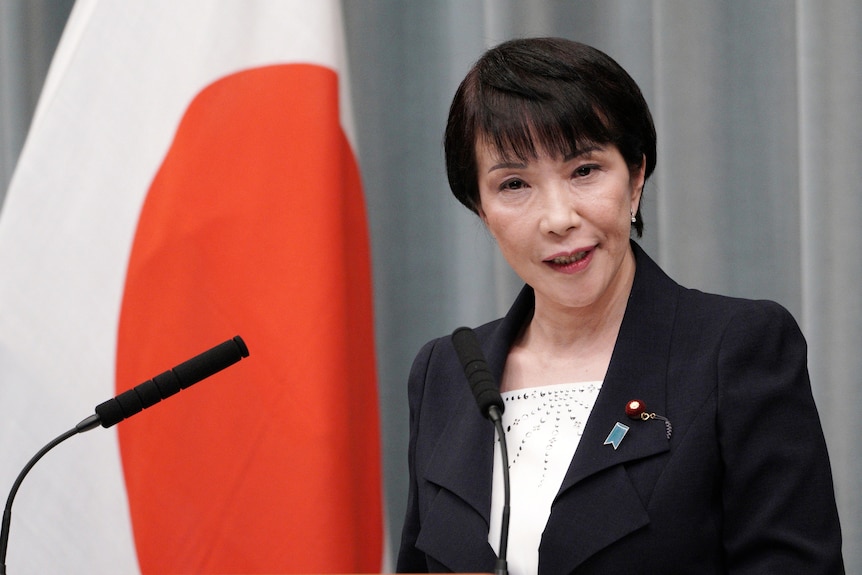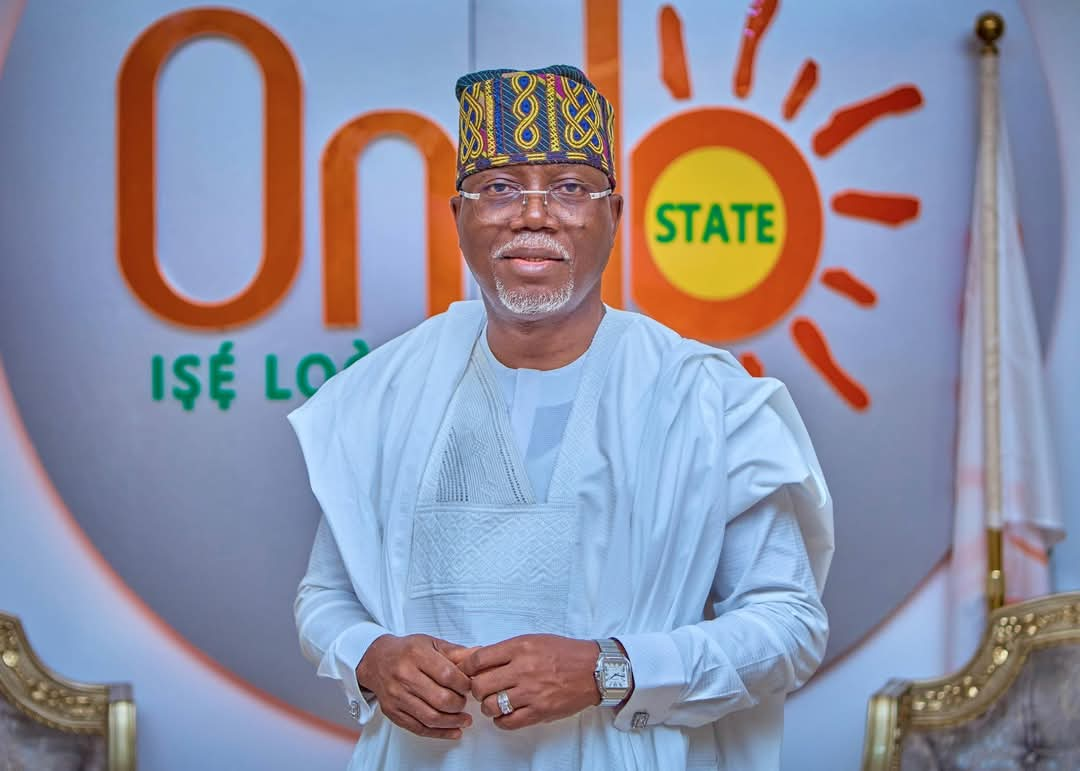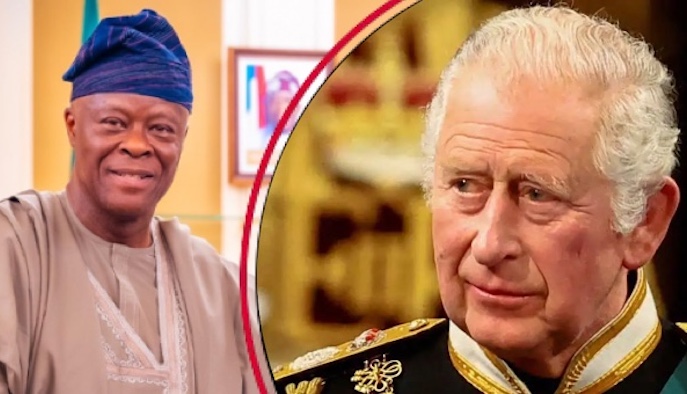Raila Odinga, one of Kenya’s most prominent political figures, has died at age 80 while receiving medical treatment in India, his family and hospital officials confirmed. He collapsed during a morning walk and was declared dead at Devamatha Hospital, following an apparent cardiac arrest.
The former prime minister’s passing has sparked deep public mourning and a flood of tributes from across the different political divudes. Former President Uhuru Kenyatta, once Odinga’s rival, said his death “left a silence that echoes across our nation.” Indian Prime Minister Narendra Modi described Odinga as a “towering statesman and a cherished friend of India.”
In Kenya, supporters have taken to the streets, especially in Odinga’s strongholds in western Kenya and parts of Nairobi, to mourn. Political leaders and civil society groups have emphasised his role as a champion of democratic freedoms and institutional reform.
Odinga was in southern India for treatment and collapsed during a walk, according to Indian police and hospital accounts. Devamatha Hospital confirmed he suffered a cardiac arrest and did not respond to resuscitation efforts. He was declared dead at 09:52 local time (04:22 GMT).
Read Also: Kenya’s Garment Workers Face An Uncertain Deadline
Reports suggest he had been undergoing Ayurvedic therapy in Kerala. Earlier speculation about his health had surfaced, but Odinga’s allies and family had repeatedly denied claims that he was gravely ill.
Odinga’s political journey spanned decades. He ran unsuccessfully for the presidency five times (in 1997, 2007, 2013, 2017 and 2022), and challenged each result. His 2007 election loss to Mwai Kibaki triggered widespread violence that left roughly 1,300 people dead and displaced hundreds of thousands, a crisis that led to a power-sharing agreement and Odinga becoming prime minister in 2008.
Under his influence, Kenya saw two landmark reforms: the return to multiparty politics in 1991 and the adoption of a new constitution in 2010. He joined President William Ruto’s “broad-based government” following his 2022 defeat, defending the collaboration as necessary to maintain national stability amid protests that erupted earlier that year.
Earlier this year, Odinga sought election as chair of the African Union Commission. Despite strong backing in the region, he lost to Mahmoud Ali Youssouf from Djibouti. He was also known by affectionate nicknames including “Baba,” “Agwambo,” and “Tinga” — the last drawing from his party’s campaign symbol in the 1997 elections.
The government is expected to issue formal statements on state mourning, and tributes will likely pour in from across Africa and the world.

